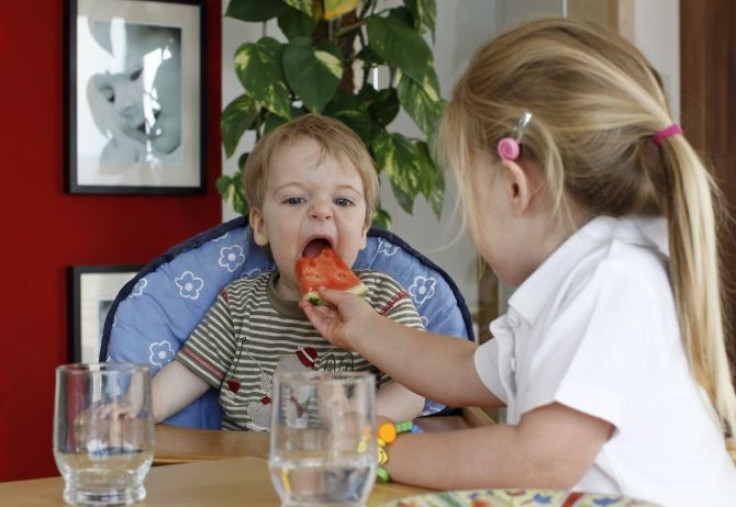Diet for Healthy Brain Function in Children

Good nutrition is important for all aspects of our health, especially for children, who are still developing. Our body uses the nutrients in food to fuel all our functions and to keep everything running as it should. Lack of proper nutrition can affect us on all levels, including healthy brain function. Suboptimal brain function can impact our children in many ways, including poor school performance. While research is still ongoing and there are no definitive answers on the perfect diet or the exact effects of poor nutrition, enough information exists to make some pretty solid recommendations.
Do Not Skip Breakfast
We always hear how breakfast is the most important meal of the day and research indicates there is some truth to that, at least for kids. A review of dozens of studies conducted between 1950 and 2008 indicate that eating breakfast is beneficial for children's cognitive performance; it is particularly so for children whose nutritional needs are more highly compromised. On a side note, a study involving 59,000 European children found eating breakfast was linked with decreased risk of obesity and lowering of BMI, so there is another good reason to make sure your kids are eating it.
Include Omega-3 Fatty Acids in the Diet
Omega-3 fatty acids have been getting a lot of press in recent years; they are most associated with heart health, but they appear to offer numerous other benefits. These fats aconcentrate highly in the brain and is important for brain function. These fatty acids help the body build the protective sheaths that surround the nerve fibers that help transmit information between the cells. Good sources of Omega-3 include oily fish such as salmon, flax seed, pumpkin seed and walnuts.
Get Enough Vitamin C and Zinc
Nutrition expert Gary Wenk, PhD, reports that increasing evidence is showing that diets low in vitamin C and zinc may affect children's mental and physical development. Good sources of zinc include oysters, beef, crab, fortified breakfast cereals, beans, yogurt, cashews, chickpeas, oatmeal, almonds and peas. Foods rich in vitamin C include red peppers, oranges, grapefruit, kiwi, green peppers, broccoli, strawberries, Brussels sprouts, cantaloupe, cabbage, cauliflower, potato, tomatoes, spinach and green peas.
Memory-Boosting Foods
Choline is a precursor to acetylcholine, a substance that helps stimulate the brain; a more stimulated brain is better able to make new connections, which is an important part of memory. Foods high in choline include eggs, liver, soybeans, peanuts, butter, potatoes, cauliflower, lentils, oats, Swiss chard, collard greens, sesame seeds and flax seeds. The substances anthocyanin and querecetin may help boos memory, according to a Harvard study; good sources include berries, cherries, black currants, eggplant, red, purple and black grapes, red onion, red apples, beets, onions, kale, leeks, cherry tomatoes, broccoli, blueberries and apricots.
Folic acid may also help with memory as well as faster information recall. Good sources of this important B-vitamin include fortified whole-grain breakfast cereals, black-eyed peas, soybeans, lentils, spinach, green peas, broccoli, artichokes, wheat germ, beets and oranges.
Closing Thoughts
No matter what the issue at hand is, whether it affects us mentally, emotionally or physically, we are always told to eat a balanced diet; it sounds overly simple and cliché and for this reason, we ignore it. We often do not fully realize the importance of eating right and how it impacts every aspect of our health. When it comes to optimizing your child's brain health, a good diet is one of your strongest tools, if not the strongest. It is not overly complicated either-just lots of fruits, vegetables, lean proteins, whole grains and healthy fats. Cover all those bases and you are good to go.
Kelli Cooper is a freelance writer who specializes in health and wellness content. If your child is struggling in school, a customized tutoring program may help. Visit School Tutoring Academy for more information.



























